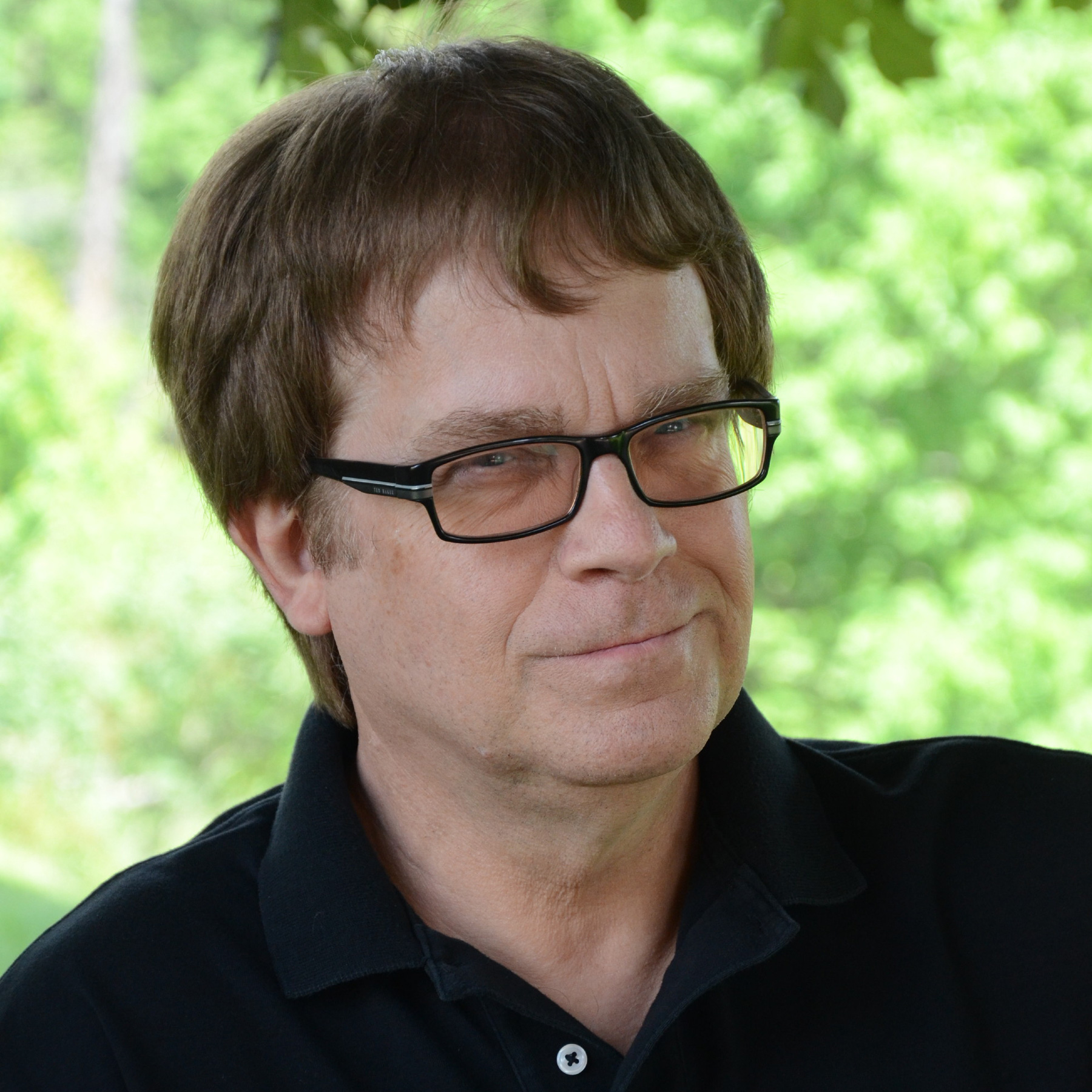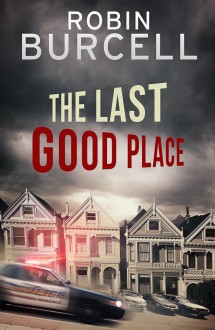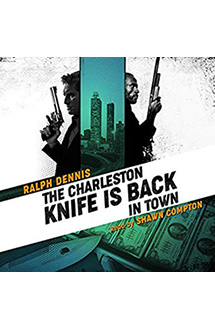
The announcement of my Edgar award as a Grand Master from the Mystery Writers of America has garnered congratulations and praise from all over the place.
I’m very grateful. It’s particularly fun or, in Facebook terms, to be “liked” (you like me, you really really like me) by old friends, some of whom I haven’t heard from in decades. The world at once seems bigger and smaller.
I thank you all for the congratulations about the Grand Master award, which won’t be presented till next April, by the way. I’ve been reflecting on the Grand Master , the only troubling aspect of which is that it’s a reminder that a long career preceded it, and that the remainder of that career will be much shorter. Life achievement awards are something people try to give you while you’re not dead. So that part of it is sobering.
Throughout my career – and I will be painfully honest here – I longed for, even dreamed of, receiving an Edgar from the MWA. I have been ridiculously well-honored by the Private Eye Writers of America, also by the Iowa Motion Picture Association; even won an Anthony from Bouchercon, and an award from the Edgar Rice Burroughs bibliophile group. “Barbara Allan” won a major award, too (not a leg lamp, though). But the Edgar, despite half a dozen nominations, has remained elusive.
When I see the array of trophies and plaques, which reflect not only achievement but my own needy efforts to land them – you have to enter many of these competitions to win them – I am a little embarrassed. I obviously need validation. Like most people with big egos, I have self-doubts that are even bigger.
What’s really, really nice about the Grand Master is that you don’t enter to try to win it. A group of your peers just agrees that you should get it. That feels really good.
And the company I’m in includes many of my favorite writers as well as others I admire. For example, Agatha Christie; Rex Stout; Ellery Queen; Erle Stanley Gardner; James M. Cain; John D. MacDonald; Alfred Hitchcock; Ross Macdonald; Graham Greene; Daphne Du Marier; Dorothy B. Hughes; W.R. Burnett; John Le Carre; Ed McBain; Elmore Leonard; Donald E. Westlake; Lawrence Block; Sara Paretsky; Sue Grafton; Stephen King; and Mickey Spillane. That’s just the ones that were influential in my writing life. Two (Westlake and Spillane) were mentors. I omit names of stellar types whose work I am not familiar with, and a handful whose work I dislike (here’s a hint – Angel in Black is a response to one).
I am notorious for not reading much contemporary crime fiction. My glib reason is that contemporary writers in the genre fall into three areas: (A) not as good as I am, so why bother reading ‘em; (B) as good as I am, so why bother reading them, either; and (C) better than I am, and screw those guys, anyway.
The real reasons I don’t read my contemporaries much are less smart-alecky.
First, I am a natural mimic and I tend to pick up the style and habits of other fiction writers. I discovered this writing Blood Money (my second published book) while reading The Friends of Eddie Coyle by George V. Higgins. That writer, a very good one, wrote such distinctive dialogue that I could not shake the cadence of it. Some of it is still in that book.
Second, much of what I write is historical, and that requires a lot of research reading. So what reading I do falls largely into that category. And my pleasure reading tends to be non-fiction, too. Again, reading fiction is dangerous for me.
That’s not to say I don’t read some. I re-read my favorite authors (many of them in my Grand Master list above) and, if I’m on a committee for the MWA or PWA, I read the works submitted for award consideration. Plus, I have friends in the field whose work I often read. Also, if somebody gets really, really popular, I check them out. That’s how I came to read some Robert B. Parker, for example, whose work I don’t care for but whose impact on the field I greatly respect.
He won the Grand Master, too.


